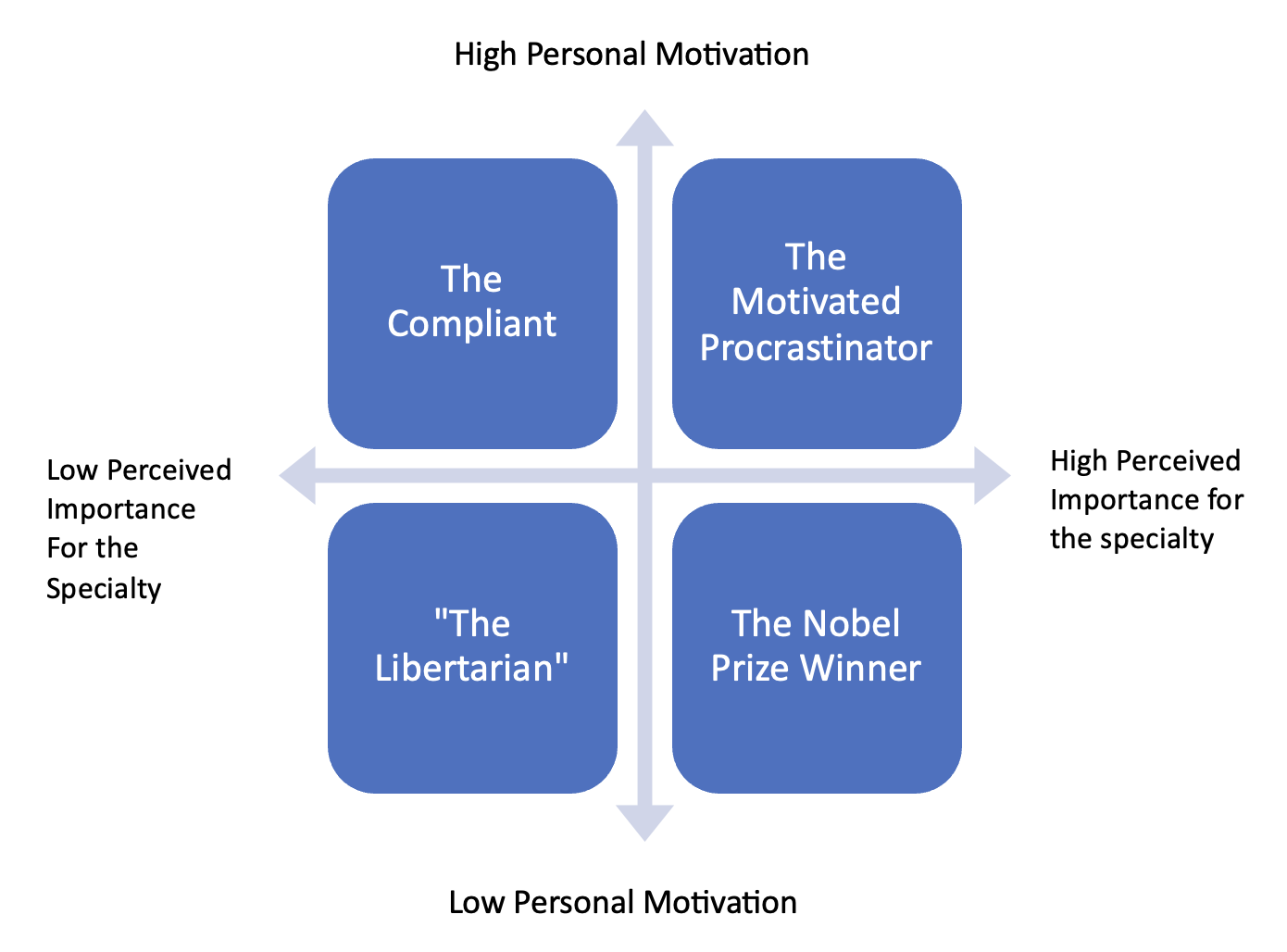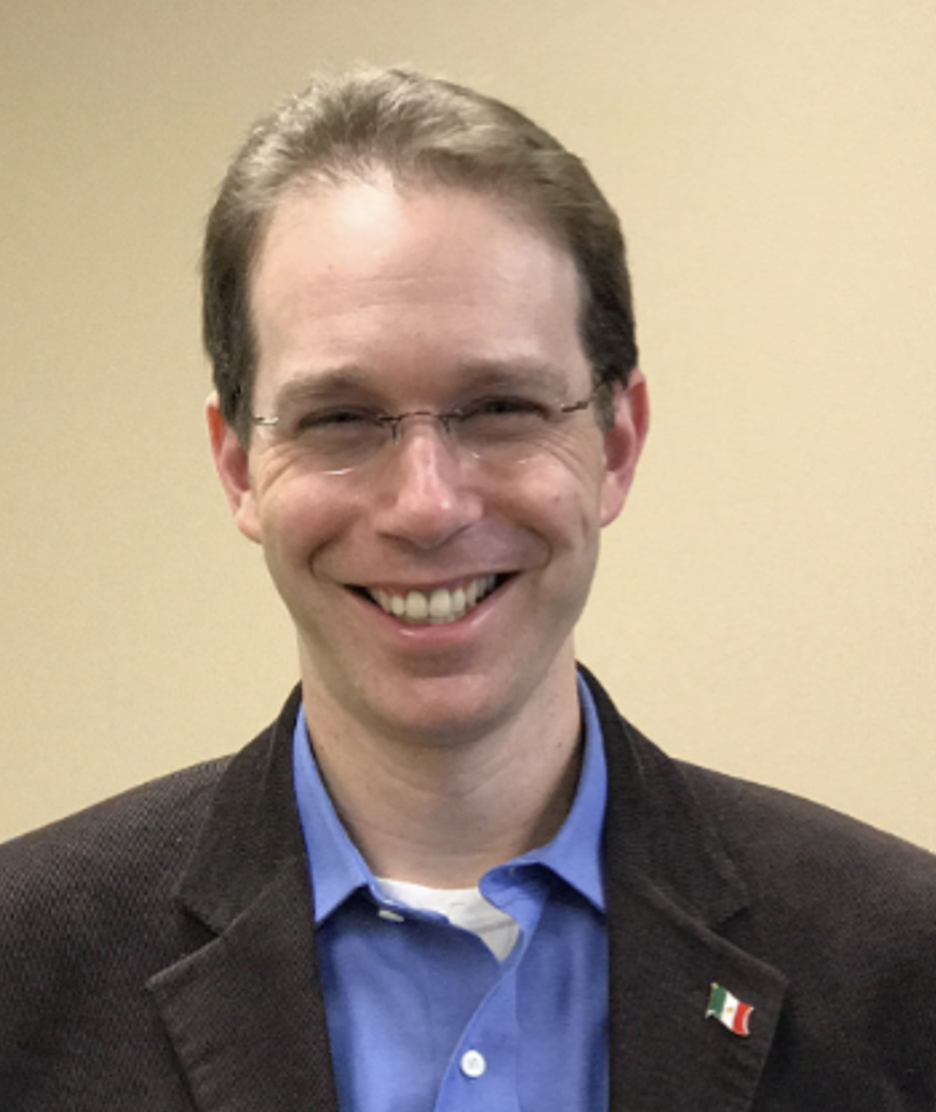American Board of Clinical Child & Adolescent Psychology Update
American Board of Clinical Child & Adolescent Psychology Update
By Adam B. Lewin, PhD, ABPP
President, ABCCAP
How do I pick a doctor?
As a patient where do I start? Do I ask my friends, use social media or look at commercial web reviews? Word-of-mouth referrals are great; however, I do not know if psychologists are being rated on their waiting room furniture, the friendliness of their office staff, or their actual competence! I was recently reassured by some of my team’s research (unpublished – spoiler alert): patients rated psychologist expertise to be far more important than convenience variables (and even cost) when making decisions about their care. When looking to make a referral, I often struggle to find expert child and adolescent psychologists. So how do parents/pediatricians find expert child and adolescent psychologists without knowing their training/experience? How do they know the psychologist is truly a specialist? Answer: Board certification – a boarded child and adolescent psychologist underwent a peer review of their training experience and professional competencies. Unfortunately, unlike physicians for whom boarding is very common, board certification remains rare in child and pediatric psychology.
The public prefers clinicians who are certified.
An in-press study in the American Psychologist found that the public views professional certification to be important! In the study, clinicians with a specialty certification were preferred over those who were not certified. Moreover, certified Masters Level clinicians were rated more favorably than non-certified Doctoral Level therapists. Let that sink in. Considering the two studies together (and no, I don’t expect my study to be published in APA’s flagship journal): clinician expertise outweighed cost and convenience. Professional certification was deemed more important than terminal degree. As I’ve written in previous pieces, board certification is critical for claiming our specialty as child and adolescent psychologists. This research indicates the public agrees.
The 2×2
Board Certification is critical for claiming our specialty. The public looks for professional certification. However, many pediatric and child psychologists are not board certified. How do I make sense of this discrepancy? Even before becoming President of the Board, I wondered “why are more child and adolescent psychologists not getting boarded?” In an intentionally simplified manner, I present a 2×2 explanation: High and Low levels of Perceived Importance of Board Certification for the Specialty vs. High and Low levels of Personal Motivation to Seek Board Certification:

The Motivated Procrastinator: “It’s important for the field and I know I should get board certified.” This psychologist believes board certification is important to advance the specialty field. They plan to do it…sometime soon. This is the easy case for ABCCAP: Start your application and contact us for a mentor/support. The first step is submitting a short online application – our team will help guide you through the process.
The Nobel Prize Winner: “I think it’s important, but I’m not planning to get boarded.” This psychologist clearly sees the importance of board certification to the specialty field, but finds little personal motivation to go through the process. Maybe these are psychologists who are senior career (or who are very well established). For example, psychologists in academic or administrative roles with little patient contact. Maybe they own/manage a successful practice. I’d urge these psychologists to consider the ABCCAP Senior Examination Option – it was designed for this purpose. Senior Board-Certified Psychologists might find personal fulfillment through mentorship, service and role modeling. Even if boarding is not part of their future personally, they can still advocate for the process and advance the field with strong support.
The Compliant: “I don’t really think about the bigger picture but I am required to get board certified for my employment.” This psychologist has high motivation (perhaps for hire or promotion) but is not focused on advancing the Pediatric Psychology Specialty Identity. This could be a function of perspective. Early in my career, I didn’t see the need for my graduate program’s Ph.D. Qualifying Examination. In hindsight, I found the process formative in my development. I now have added perspective: I see the value as a program director/educator (vs. only as a student). Many people find the prospect of an examination to be daunting: it biases our ability to see the personal and professional value-added of undergoing the process. (Ironically, I’m an exposure therapist – selling kids on doing really hard with the hope of feeling better… in the future.) After the exam, most individuals give me feedback that the board examination process is reflective, collegial, and helped with their professional growth. It’s more than just earning a certificate. The value-add from board certification may not be readily apparent at all career stages.
The Libertarian: “I don’t think there’s a need to require board certification and I don’t plan on seeking it myself.” These psychologists espouse that child and adolescent psychologists should not be required to demonstrate their competence, training and upkeep of credentials to their peers via board certification. I find it doubtful that these are the SCCAP newsletter readers. For professionals in this square, I think a good dialogue is important. I would look for common ground: understanding of how board certification can advance our specialty even if it does not seem personally relevant to them.
Summary
If you are already board certified, thank you for helping us advance our field! If you’re not board certified, why not? Which square are you in? Do you fit into one of these facetious categories? What factors are keeping you from undergoing a peer review of specialty competence? Fact: examiners are your peers. Fact: criteria are tied to competency (3 years post licensure – not an ivory tower level). Based on the research, the public’s voice seems clear: professional certification matters. Help us own our collective specialty. Please join us at informational workshops throughout the year or message us with any questions. The ABCCAP Board and many other volunteers are here to help.
Please visit our site at www.clinicalchildpsychology.com for more information.

Adam B. Lewin, PhD, ABPP
President, ABCCAP
More From Fall 2023
More From Fall 2023
President’s Message
By Yo Jackson, PhD, ABPP
In Focus: A Selective Mutism Primer
By Rachel Merson, PsyD
2023 Clinical Practice Institute - Register Now!
SCCAP Election Results
2023 Call for Board Nominations
The Coalition for Psychology in Schools and Education: An Interview with Dr. George DuPaul
Evidence Base Update for Disruptive Behavior Problems
Evidence Based Therapies for Keeping Families Together
By Alana L. Riso & Michael A. Southam-Gerow, PhD
APA Convention Recap
By Joy Gabrielli, PhD and Nicole Lorenzo, PhD
2024 Future Directions Forum
To be held July 25-27, 2024
SCCAP Conference Planning Update
2024 SCCAP Award Opportunities
EPCAMH Journal Update
By Mary Fristad, PhD
ABCCAP Update
By Adam B. Lewin, PhD, ABPP
Council of Representatives Report
By Mary Louise Cashel, PhD and Timothy Cavell, PhD
AIRS SIG Update
By Alysha Thompson, PhD
Infant & Early Childhood SIG Update
By Caroline Kerns, PhD & Miller Shivers, PhD
Membership Committee Update
By Chrissy Cammaratta, PhD, ABPP
Science & Practice Committee Update
By Jennifer L. Hughes, PhD, MPH
Fellows Committee Update
By Martha C. Tompson, PhD
Student Development Committee Updates
By Ayotola Onipede & Amanda Bennett
Emerging Adulthood SIG Update: Restating The Case for Emerging Adults
By Chelsea K. VanderWoude, PhD & Hana-May Eadeh, PhD
More From Fall 2023
More From Fall 2023
President’s Message
By Yo Jackson, PhD, ABPP
In Focus: A Selective Mutism Primer
By Rachel Merson, PsyD
2023 Clinical Practice Institute - Register Now!
SCCAP Election Results
2023 Call for Board Nominations
The Coalition for Psychology in Schools and Education: An Interview with Dr. George DuPaul
Evidence Base Update for Disruptive Behavior Problems
Evidence Based Therapies for Keeping Families Together
By Alana L. Riso & Michael A. Southam-Gerow, PhD
APA Convention Recap
By Joy Gabrielli, PhD and Nicole Lorenzo, PhD
2024 Future Directions Forum
To be held July 25-27, 2024
SCCAP Conference Planning Update
2024 SCCAP Award Opportunities
EPCAMH Journal Update
By Mary Fristad, PhD
ABCCAP Update
By Adam B. Lewin, PhD, ABPP
Council of Representatives Report
By Mary Louise Cashel, PhD and Timothy Cavell, PhD
AIRS SIG Update
By Alysha Thompson, PhD
Infant & Early Childhood SIG Update
By Caroline Kerns, PhD & Miller Shivers, PhD
Membership Committee Update
By Chrissy Cammaratta, PhD, ABPP
Science & Practice Committee Update
By Jennifer L. Hughes, PhD, MPH
Fellows Committee Update
By Martha C. Tompson, PhD
Student Development Committee Updates
By Ayotola Onipede & Amanda Bennett
Emerging Adulthood SIG Update: Restating The Case for Emerging Adults
By Chelsea K. VanderWoude, PhD & Hana-May Eadeh, PhD
